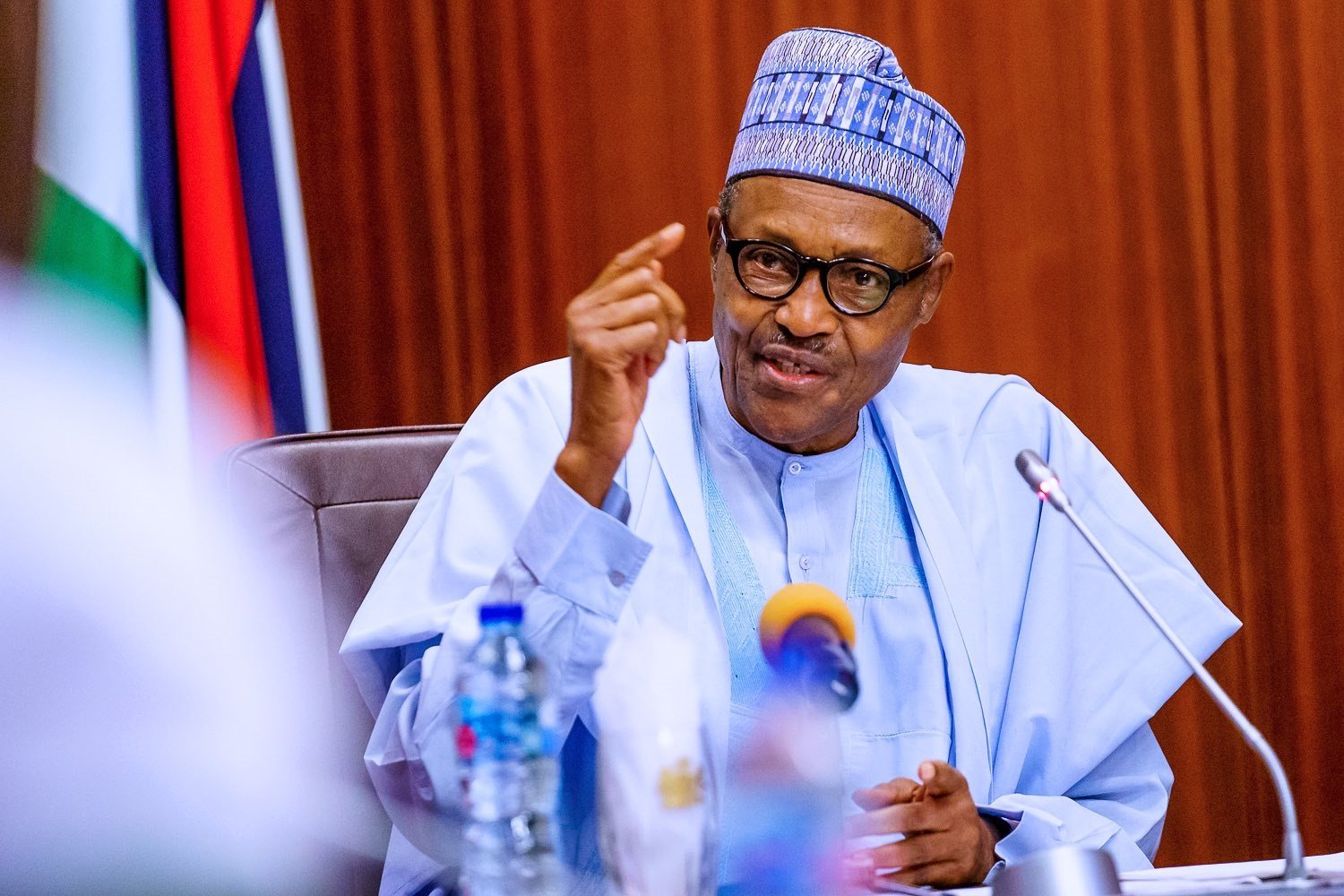Pascal Oparada
Twitter said President Muhammadu Buhari’s tweets, on Tuesday night, in which he threatened to deal with those destroying state assets in the South-East and elsewhere did not violate its rules.
In a reply to The Peoples Gazette, a Nigerian newspaper, the microblogging site after reviewing the reported tweets, did not find any violation of its rules.
“We’re writing to let you know that after reviewing the available information, we didn’t find a violation of our rules in the content you reported,” the company told the newspaper after the president’s tweet was reported by several Nigerians who called for his suspension on the platform.
There was widespread condemnation over Buhari’s comments which vowed to unleash punishment on those causing trouble in the southeast, which is home to mostly Igbo.
“Many of those misbehaving today are too young to be aware of the destruction and loss of lives that occurred during the Nigerian Civil War. Those of us in the fields for 30 months, who went through the war, will treat them in the language they understand,” Buhari warned Igbos.
Buhari, a retired Major General, was a Lieutenant during the Nigerian civil war which claimed the lives of over three million Igbos.
Critics slammed the president for what they called incitement to genocide and reported his tweets en mass.
The social media platform known for taking drastic actions in ensuring that its rules are adhered to has suspended several accounts for dehumanisation and contents capable of inciting violence.
In January this year, it locked the account of China’s U.S. embassy over a tweet it considered “dehumanising.”
The social media post on January 7 defended China’s policies towards Muslim Uighurs in the Xinjiang region.
The account posted that Uighur women were no longer “baby-making machines,” citing a study reported by China Daily.
Twitter thereafter removed the tweet and replaced it with a label stating that it was no longer available on basis that the content violated its policy that prohibits “the dehumanisation of a group of people based on their religion, caste, age, disability, serious disease, national origin, race, or ethnicity.”


